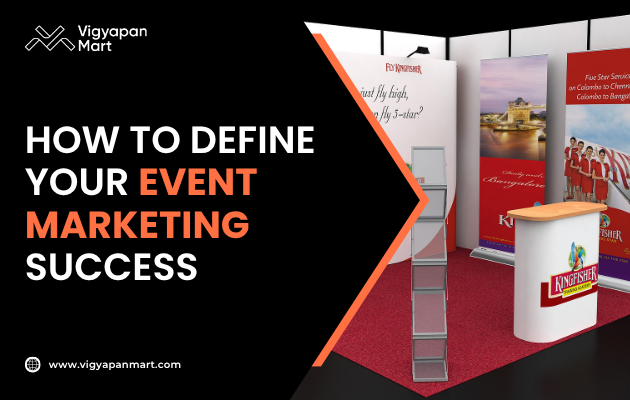How to Define Your Event Marketing Success?

Event marketing can be a powerful tool to boost brand awareness, generate leads, and foster lasting relationships. However, to truly understand if your efforts are paying off, you need to define what success looks like for your event marketing campaigns. Here’s a concise guide to help you set clear benchmarks and measure your outcomes effectively.
Set Clear Event Objectives
- Identify the main purpose of your event: Is it to increase brand awareness, generate leads, drive sales, or build community?
- Align your event goals with your broader business objectives to ensure every activity has a clear purpose.
- Use the SMART framework (Specific, Measurable, Achievable, Relevant, Time-bound) to set actionable goals.
Choose the Right Metrics
- Attendance Numbers: Track total registrations, check-ins, and no-show rates to gauge interest and reach.
- Engagement Levels: Measure audience participation through live polls, Q&A sessions, and social media interactions.
- Lead Generation: Count qualified leads captured during the event, such as new sign-ups or demo requests.
- Revenue Impact: Calculate ticket sales, sponsorship deals, and post-event sales to assess financial returns.
- Brand Awareness: Monitor website traffic, social mentions, and press coverage before and after the event.
Measure Event ROI
Define what “return” means for your event. This could be revenue, leads, or brand exposure.
Calculate ROI using the formula: ROI=Net Profit/Total Event Cost×100
Include both direct (sales, sponsorships) and indirect (brand lift, new relationships) returns in your analysis.
Use Feedback and Data
- Collect attendee feedback through surveys and follow-up emails to understand satisfaction and areas for improvement.
- Analyze data from event platforms, CRM systems, and social media to gain deeper insights into attendee behavior.
- Use feedback to refine future event strategies and enhance attendee experience.
Benchmark and Optimize
- Compare your results with industry standards or past events to identify trends and areas for growth.
- Continuously optimize your event marketing plan based on what works best for your audience and goals.
- Document learnings and best practices for future reference.
Conclusion
Defining event marketing success is about more than just counting heads; it’s about aligning your efforts with business goals, measuring what matters, and using insights to drive continuous improvement. By following these steps, you’ll ensure every event delivers real value and lasting impact for your organization. Want to organise a business event to promote your brand and make lifelong connections with the audience? Connect with Vigyapan Mart event marketing experts today!









